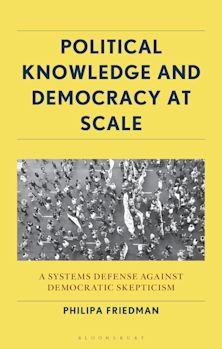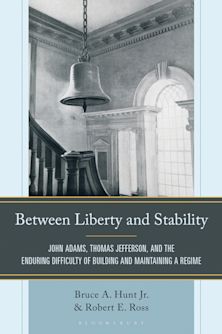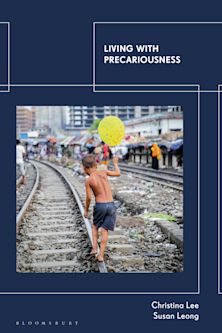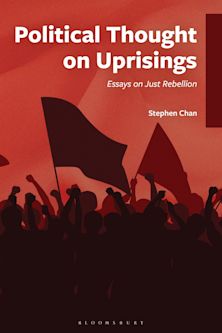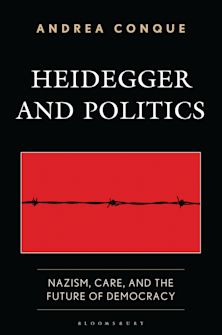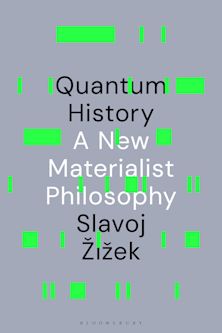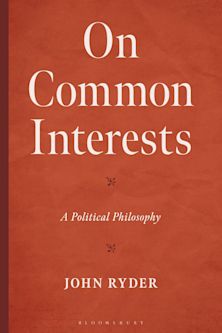- Home
- ACADEMIC
- Politics & International Relations
- Political Theory and Philosophy
- Race and Reconciliation in South Africa
Race and Reconciliation in South Africa
A Multicultural Dialogue in Comparative Perspective
William E. Van Vugt (Anthology Editor) , Daan G. Cloete (Anthology Editor) , M Elaine Botha (Contributor) , H Russel Botman (Contributor) , G Daan Cloete (Contributor) , Johan Degenaar (Contributor) , John W. De Grunchy (Contributor) , Lourens M. du Plessis (Contributor) , L D. Jafta (Contributor) , Tracy Kuperus (Contributor) , Pieter Meiring (Contributor) , R Drew Smith (Contributor) , Archbishop Emeritus Desmond Tutu (Contributor) , William E. Van Vugt (Contributor) , Archbishop Emeritus Desmond M. Tutu (Foreword)
Race and Reconciliation in South Africa
A Multicultural Dialogue in Comparative Perspective
William E. Van Vugt (Anthology Editor) , Daan G. Cloete (Anthology Editor) , M Elaine Botha (Contributor) , H Russel Botman (Contributor) , G Daan Cloete (Contributor) , Johan Degenaar (Contributor) , John W. De Grunchy (Contributor) , Lourens M. du Plessis (Contributor) , L D. Jafta (Contributor) , Tracy Kuperus (Contributor) , Pieter Meiring (Contributor) , R Drew Smith (Contributor) , Archbishop Emeritus Desmond Tutu (Contributor) , William E. Van Vugt (Contributor) , Archbishop Emeritus Desmond M. Tutu (Foreword)
For information on how we process your data, read our Privacy Policy
Thank you. We will email you when this book is available to order
You must sign in to add this item to your wishlist. Please sign in or create an account
Description
In the mid-1990s the Truth and Reconciliation Commission disclosed its findings on the awful reality of the apartheid era in South Africa. The Commission inspired scholars from Europe, North America, and South Africa to convene a group of their own, to investigate in multicultural, scholarly dialogue the history, theology, philosophy, and politics of race and reconciliation in South Africa. This volume is the product of that important dialogue. And while the focus is the particular environment of South Africa, the contributors work within a comparative perspective, using examples from other nations and cultures to explore that which makes South Africa unique. Ultimately, the book aims to offer not only a better understanding of the depth of injustice in South Africa's past, but also a deeper appreciation for the achievement of the present and the promise of the future-in South Africa and in every other multiethnic region in the world.
Table of Contents
Chapter 2 Introduction
Chapter 3 South Africa and Paul's Letter to the Galations: A Struggle with Ethnicity and Race
Chapter 4 British Immigration during the Nineteenth Century: The American and South African Experience
Chapter 5 The Chastening of the English-Speaking Churches in South Africa
Chapter 6 Ecclesiastical Racism and the Politics of Confession in the United States and South Africa
Chapter 7 Building Democracy: An Examination of Religious Associations in South Africa and Zimbabwe
Chapter 8 The Church Partitioned or the Church Reconciled? South Africa's Theological and Historical Dilemma
Chapter 9 Christian Scholarship for Reconciliation? The Free University of Amsterdam and Potchesfstroom University for Christian Higher Education
Chapter 10 South Africa's Bill of Rights: Reconciliation and a Just Society
Chapter 11 Multiculturalism: How Can the Human World Live Its Difference?
Chapter 12 Eco-Human Justice and Well-Being
Chapter 13 Truth and Reconciliation: The South African Experience
Product details
| Published | 17 May 2000 |
|---|---|
| Format | Ebook (Epub & Mobi) |
| Edition | 1st |
| Extent | 240 |
| ISBN | 9780739159859 |
| Imprint | Lexington Books |
| Series | Global Encounters: Studies in Comparative Political Theory |
| Publisher | Bloomsbury Publishing |
About the contributors
Reviews
-
This book makes a contribution to a better understanding of racism and injustice in South Africa, and a better understanding of what South Africans have achieved in the past several years. I thank William Van Vugt, Daan Cloete, and the other contributors for their work.
Archbishop Emeritus Desmond M. Tutu













